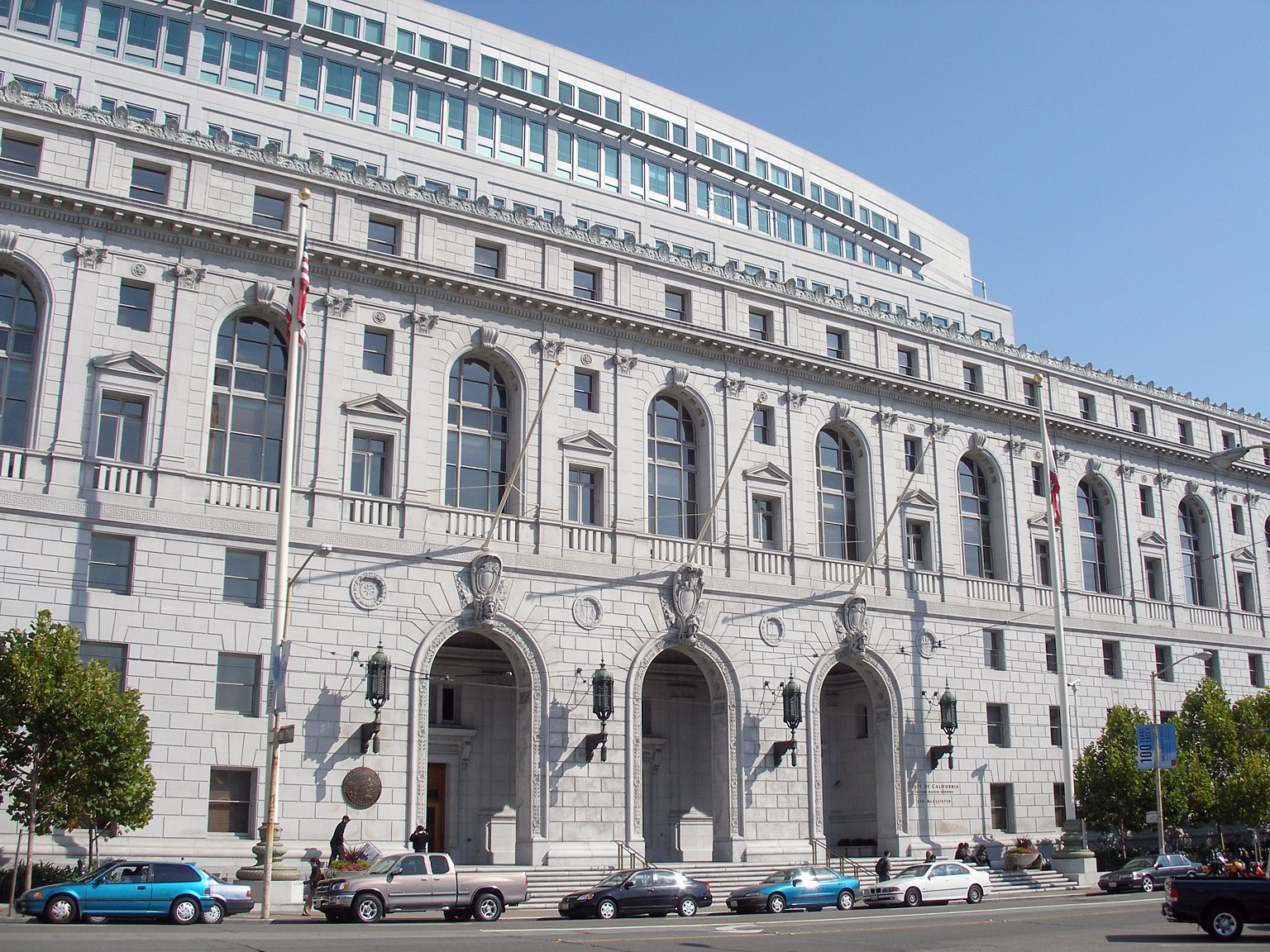It soon may be even harder for city officials across California to get builders to produce affordable housing or even ask them to contribute to its production.
The state Supreme Court is deliberating whether the City of San Jose’s so-called inclusionary zoning legally forces developers to build or help pay for new affordable homes whenever they also build large market-rate projects. If the court strikes down San Jose’s law, that may invalidate similar laws in San Francisco and other cities, and it could keep municipalities from adopting new inclusionary programs.
“This case is going to have a really big impact on whether or not more inclusionary zoning happens,” Tim Iglesias, a University of San Francisco law professor, said on a recent episode of KQED’s Forum program. Iglesias co-wrote a friend-of-the-court brief in support of San Jose’s zoning.
The plaintiffs in the case, California Building Industry Association vs. San Jose, argue that San Jose’s law amounts to an unconstitutional “taking” of property. The city may legally require developers to mitigate only direct strains a project places on the surrounding environment and infrastructure, said attorney Anthony Francois during the Forum episode. Instead, San Jose is using the law to fulfill its own civic duty — to build affordable housing — with money taken from developers.
“In our view, this is the type of public responsibility that should be supported by the city’s tax base,” Francois said, “just like any other significant public responsibility.”
San Francisco’s Inclusionary Housing Program, adopted in 1992, has led developers to build at least 1,787 permanently affordable homes and to contribute fees the city can use to build other affordable housing. The program makes homes available to people at various income levels, but mostly below 55 percent of the local median income — or $39,250 annually, for a one-person household.
Mayor Ed Lee has said he will put a $250 million affordable housing bond on this year’s local ballot, and the San Francisco Chronicle reported April 1 that polls show voters are likely to pass it.
The Public Press and Mission Local have both reported on the need for funding for affordable housing construction.
At least 170 California cities have some form of inclusionary housing laws, according to an estimate by the Non-Profit Housing Association of Northern California in 2006.
The California Supreme Court must render its decision by July 7.









